Cambodia is actively seeking Malaysian investment in its halal food processing sector, aiming to strengthen economic ties and tap into the growing global demand for halal-certified products. This initiative was discussed during a meeting held on August 21, 2025, at the Council for the Development of Cambodia (CDC) headquarters in Phnom Penh.
The meeting was chaired by Deputy Prime Minister Sun Chanthol, who also serves as the first vice-president of the CDC, and attended by Malaysian ambassador Shaharuddin Onn.During the meeting, Deputy Prime Minister Chanthol expressed his appreciation for Malaysia’s role in regional diplomacy, particularly its efforts—under the leadership of Prime Minister Anwar Ibrahim, acting as the 2025 ASEAN chair—in brokering a ceasefire agreement between Thailand and another party on July 28.
He emphasized that peace and political stability are vital for fostering economic growth and attracting foreign investment.The talks focused on enhancing bilateral trade and encouraging Malaysian businesses to explore investment opportunities in Cambodia’s halal industry. Cambodia sees significant potential in this sector, especially with Malaysia’s well-established halal certification system and expertise.
The Deputy Prime Minister invited Malaysian investors to contribute to Cambodia’s efforts to develop a robust halal food production ecosystem that meets international standards.According to data from Cambodia’s General Department of Customs and Excise, trade between Cambodia and Malaysia from January to July 2025 reached USD 598.19 million, marking an 11.2% increase compared to the same period in 2024. Cambodian exports to Malaysia totaled USD 78.88 million, up 2.4%, while imports from Malaysia rose by 12.7% to USD 519.32 million.
Economist Hong Vanak from the Royal Academy of Cambodia noted that Malaysia’s stronger industrial and manufacturing base accounts for the trade imbalance but also presents opportunities for growth. As both countries are members of the Regional Comprehensive Economic Partnership (RCEP), they are well-positioned to deepen trade cooperation, especially in sectors like halal food, where Malaysia holds significant expertise and Cambodia sees strategic value.

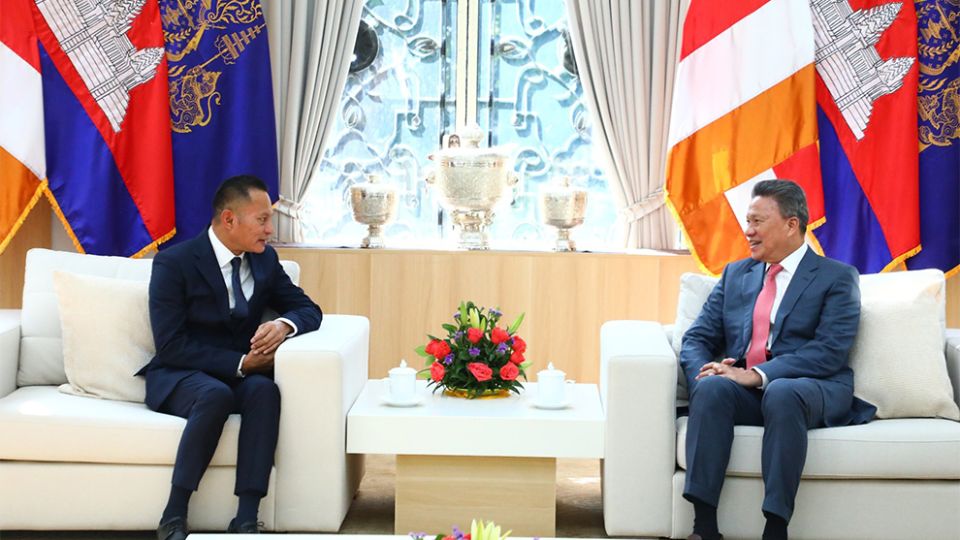


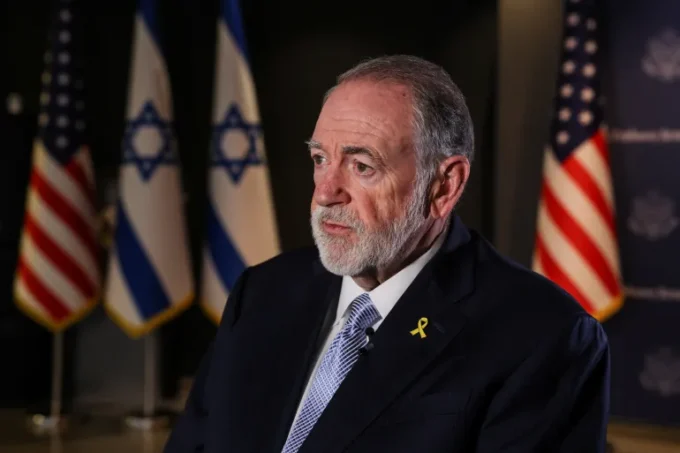


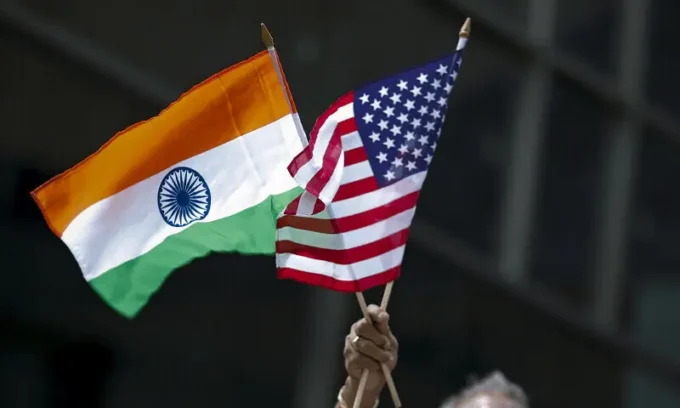


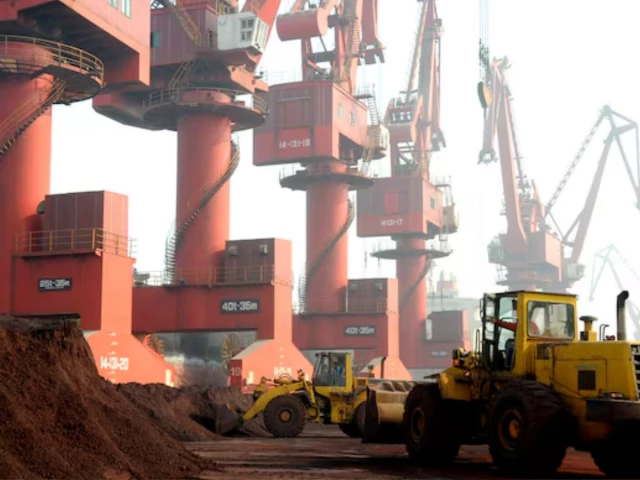

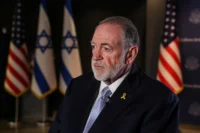


Leave a comment